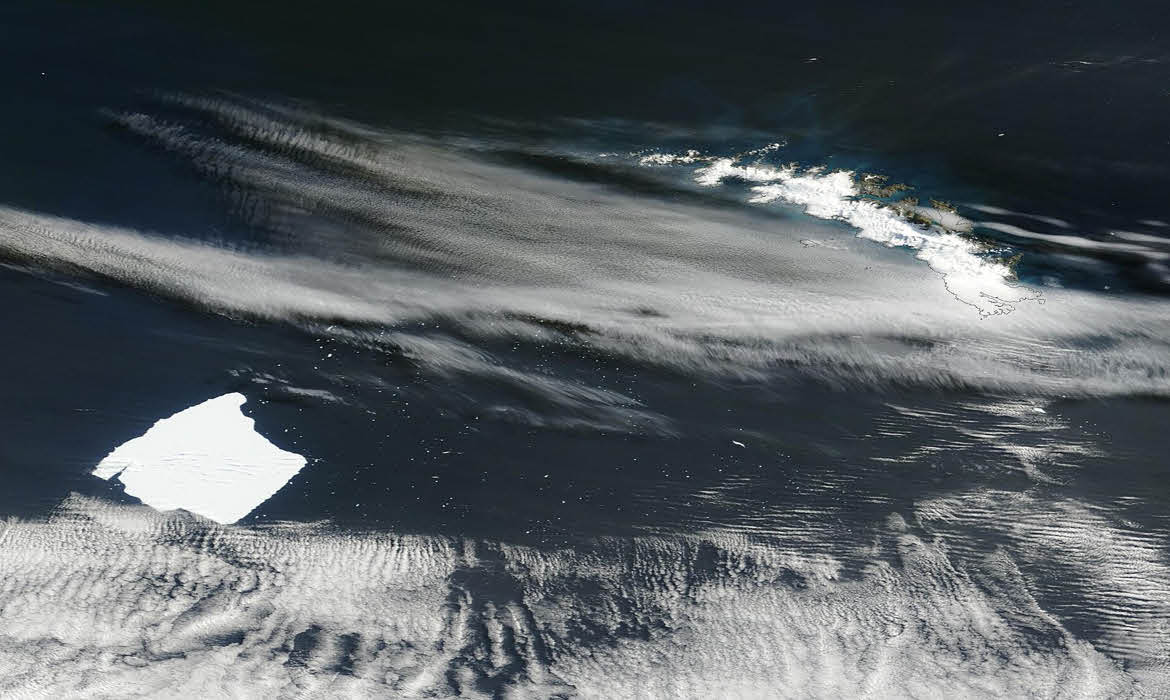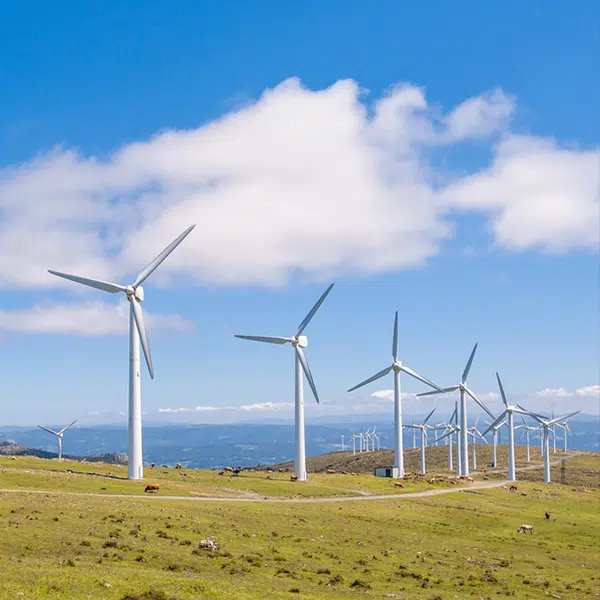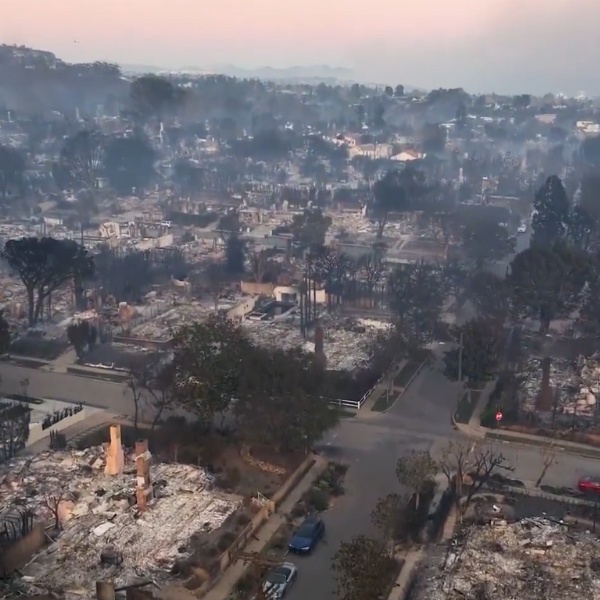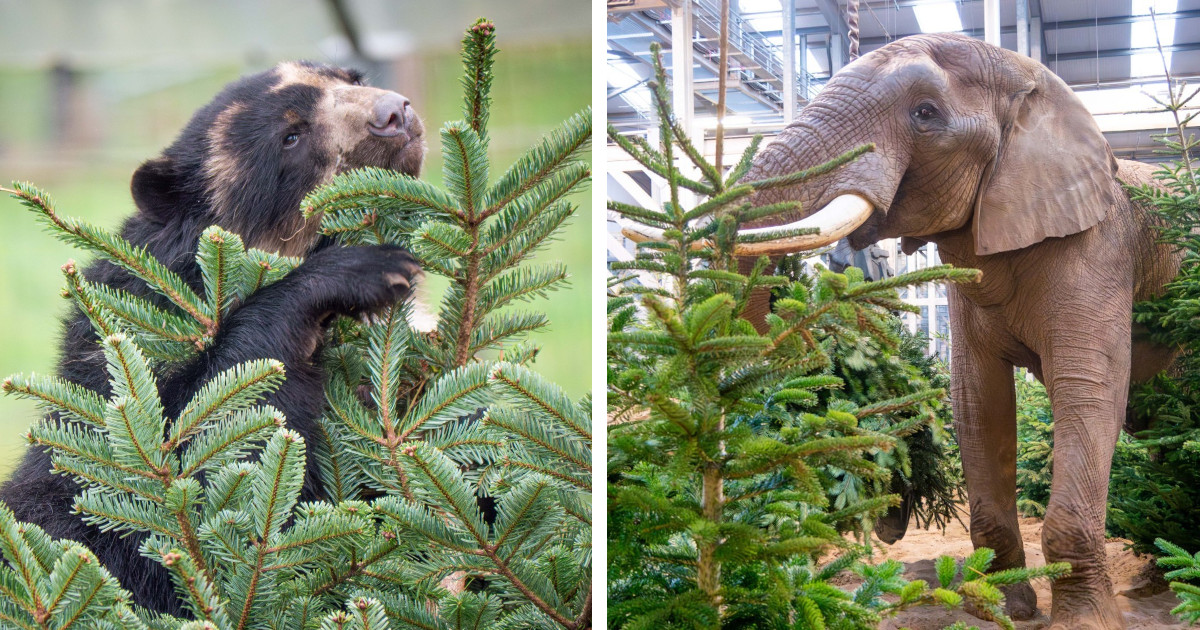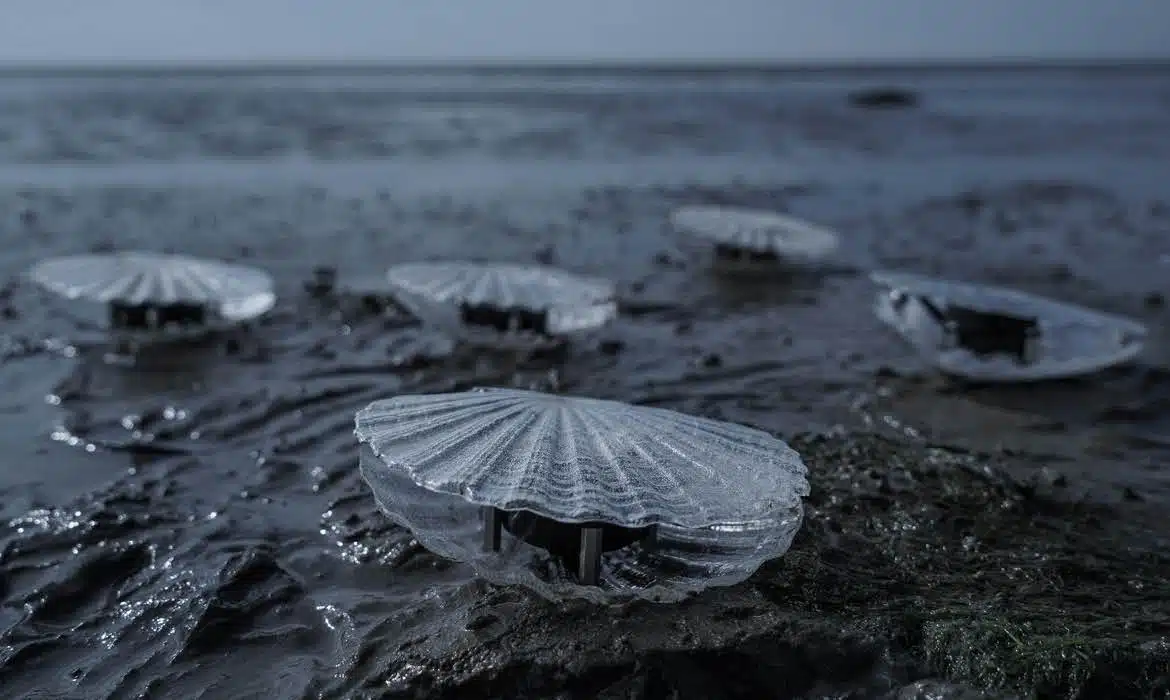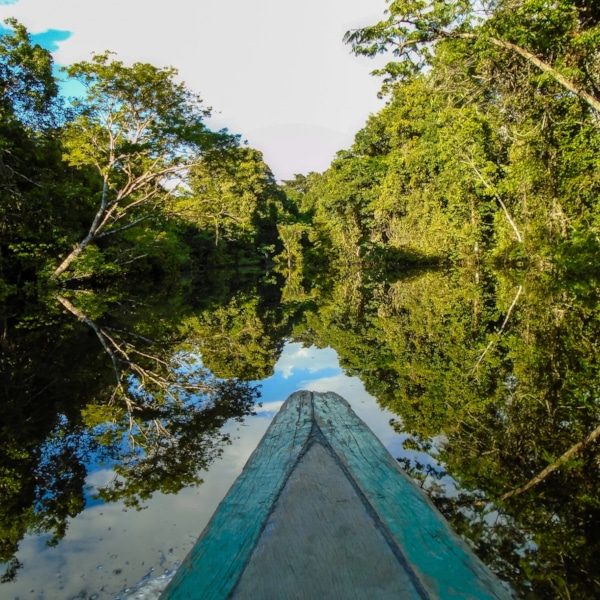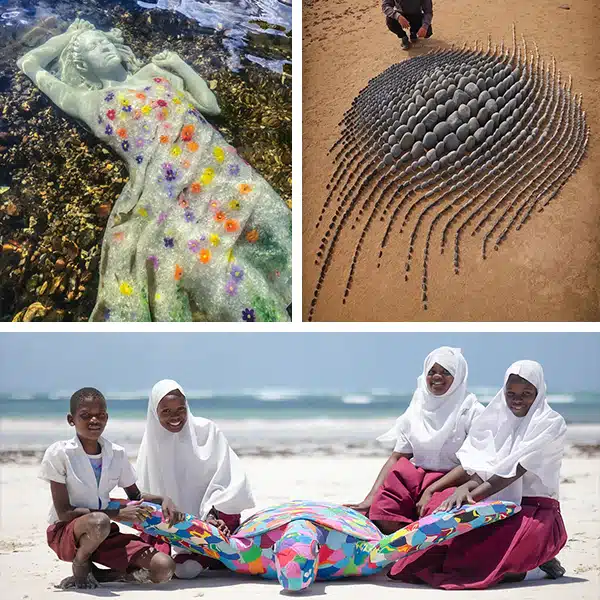World’s Largest Iceberg Has Run Aground Off a Remote Island Teeming with Penguins
In 1986, the world’s largest and oldest iceberg calved from the Antarctic shelf. Known as A23a, the iceberg weighs one trillion tonnes and was stuck on the seabed for decades before breaking free in 2020. Now, scientists are grappling with a new development. As of early March, A23a has run aground in the water about 50 miles from the remote British island of South Georgia.
